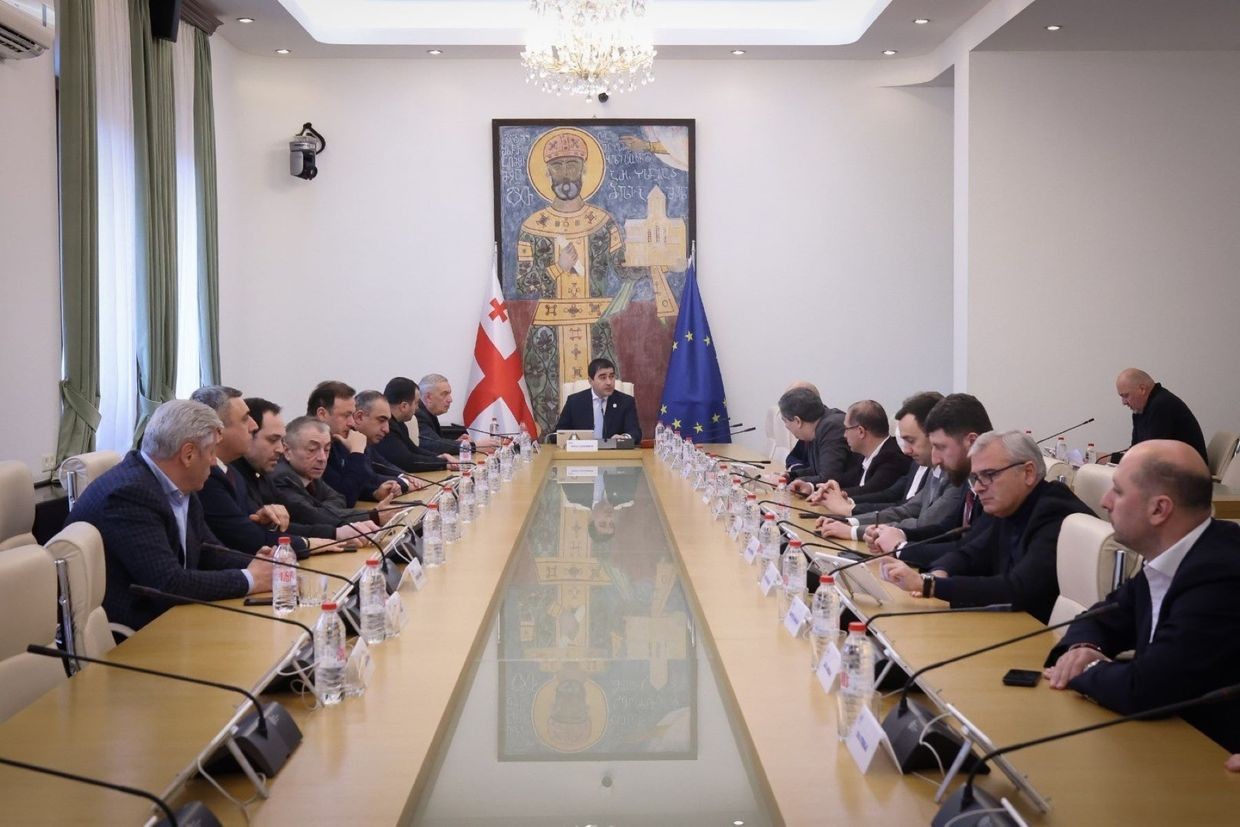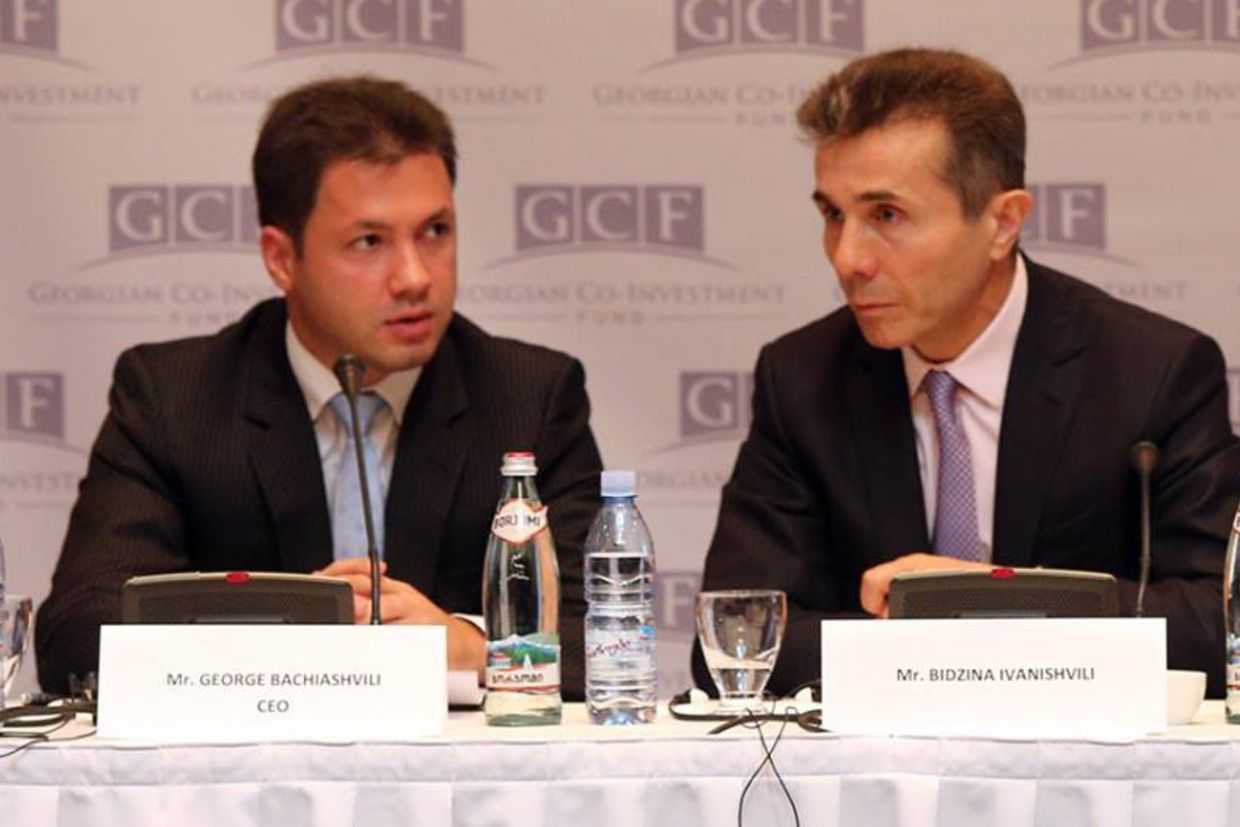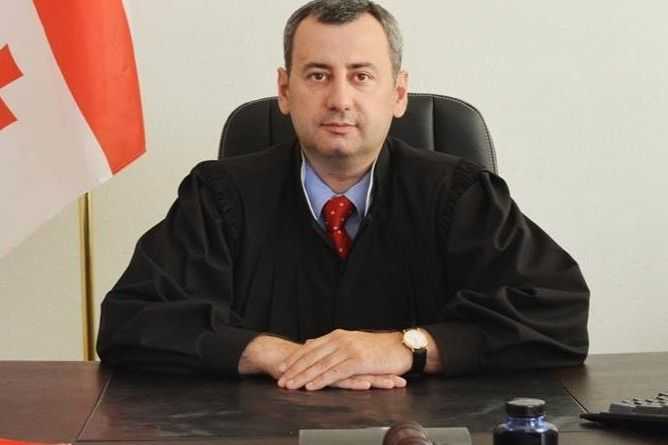
Restrictive amendments to Georgia’s Broadcasting Law have been initiated in parliament. The amendments would significantly affect how Georgian broadcasters are able to receive funding.
In Monday’s legislative session, the Georgian Parliament registered an initiative which would prohibit broadcasters from receiving direct or indirect funding — including money or other material benefits of property value — from ‘a foreign power’. An explanatory note attached to the draft amendments stated that these restrictions would not apply to commercial advertising, teleshopping, sponsorship, and product placement in programmes.
The draft amendments define ‘a foreign power’ as ‘a subject constituting the system of government of a foreign state; an individual who is not a citizen of Georgia; a legal entity not established on the basis of Georgian legislation; an organisational formation (including a foundation, association, corporation, union, other type of organisation), or any other type of association of persons that is established on the basis of the law of a foreign state and/or international law’.
Also included within the proposed amendments is a new clause which would prohibit a broadcaster from ‘receiving direct or indirect funding in exchange for placing social advertising’.
A number of other changes have also been introduced to the law, which would affect the working style of broadcasters.
In particular, according to the amendments, in news programmes, as well as in coverage of other public policy issues, the expression of a position is restricted, with viewers clearly notified whether a programme is news-based or opinion-based.
The proposed amendments also state that a person against whom accusations are made on air must be given the opportunity to provide a timely and proper response. The response must be reported fairly and accurately.
The legislative changes also defined cases in which obtaining or transmitting information by covert methods is justified and defined the standard for covert recording on private property. It also defined the standard for transmitting accurate and reliable information when covering armed conflicts, accidents, and emergencies, among other things.
In addition, under the new amendments, it would be for a ‘political official or member of a political party to participate in a news or information program as a presenter, interviewer, or journalist’.
In the beginning of February, Parliamentary Speaker Mamuka Mdinaradze announced that amendments would be made to Georgia’s Broadcasting Law, stating that they would make the legislation ‘in line with the British model and legislation’.
Georgian Dream and its satellites have announced several new laws and legislative changes against the backdrop of almost three months of daily protests against the government’s EU U-turn.











